A Hellenistic Jewel in the Heart of Afghanistan
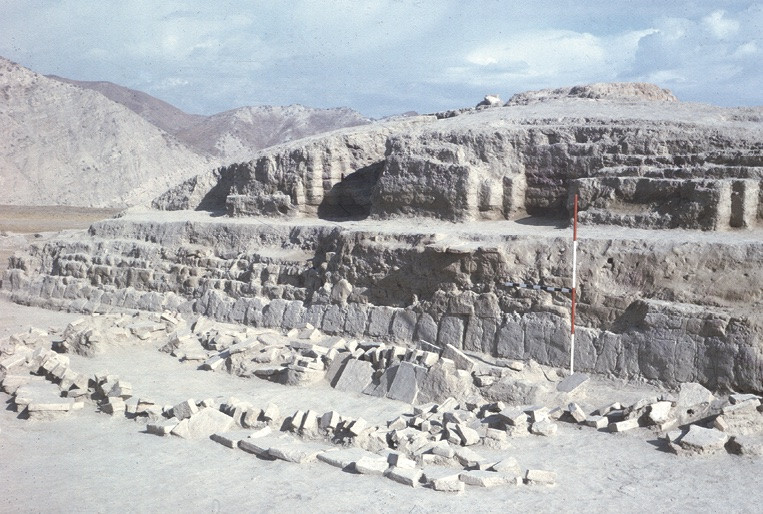
In the rugged landscape of northern Afghanistan lies a hidden treasure – the ancient city of Ai-Khanoum. Founded in the wake of Alexander the Great’s conquests, this Hellenistic metropolis once stood as a shining example of cultural fusion along the legendary Silk Road.
From Macedonian Outpost to Thriving Hub
As the dust settled on Alexander’s campaigns, his general Seleucus I Nicator saw an opportunity. He established Ai-Khanoum as a strategic outpost, but it quickly grew into much more. The city’s prime location on the Silk Road attracted a diverse population, creating a melting pot of Greek, Bactrian, and other cultures.
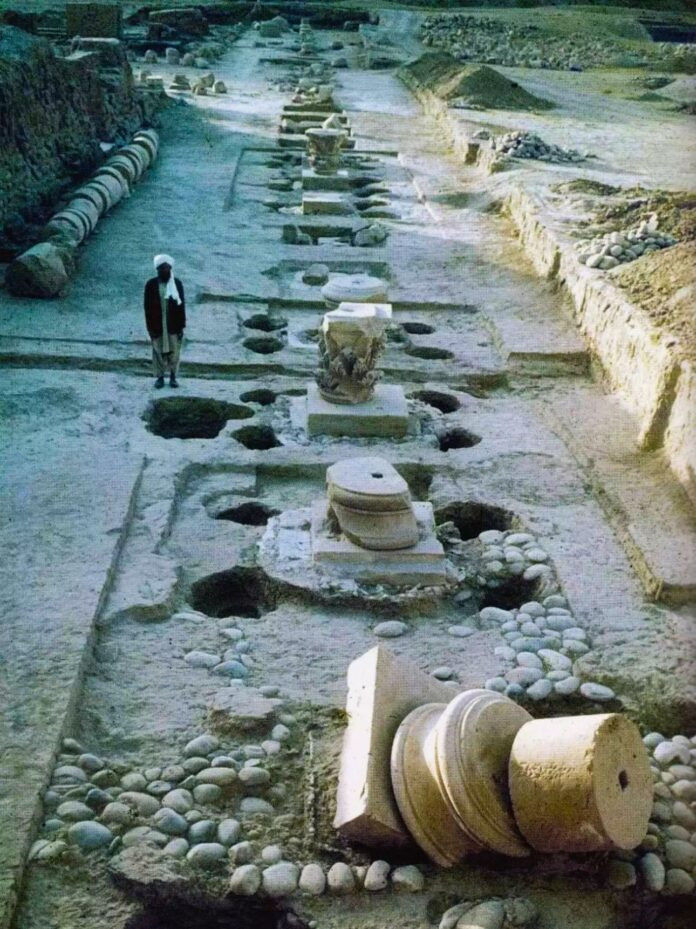
A Marvel of Ancient Urban Planning
Visitors to Ai-Khanoum would have marveled at its sophisticated layout. The city boasted a grand central agora, surrounded by a gymnasium, theater, and palace – all hallmarks of Greek urban design. Yet these structures also showed touches of local influence, creating a unique architectural style.
Treasures Beneath the Sand
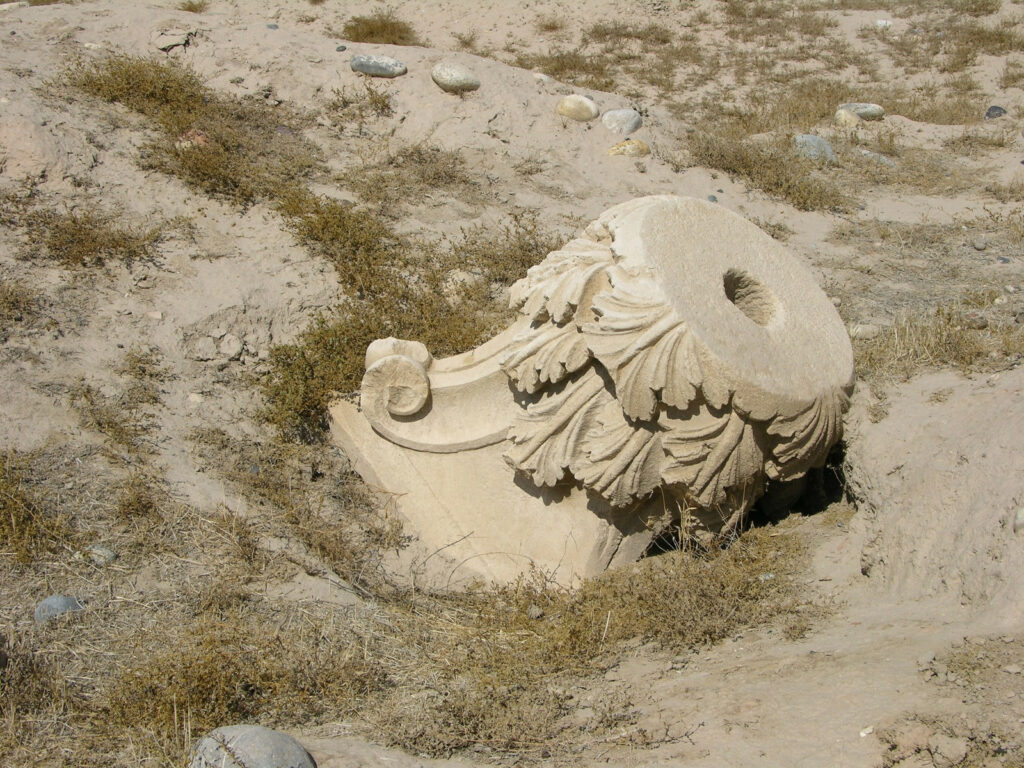
Modern archaeologists have unearthed a wealth of artifacts from Ai-Khanoum’s ruins. The “Ai-Khanoum Treasure,” a collection of exquisite gold and silver pieces, speaks to the city’s former wealth and craftsmanship. Each discovery provides a tangible link to the vibrant society that once called this place home.
The Mystery of Ai-Khanoum’s Decline
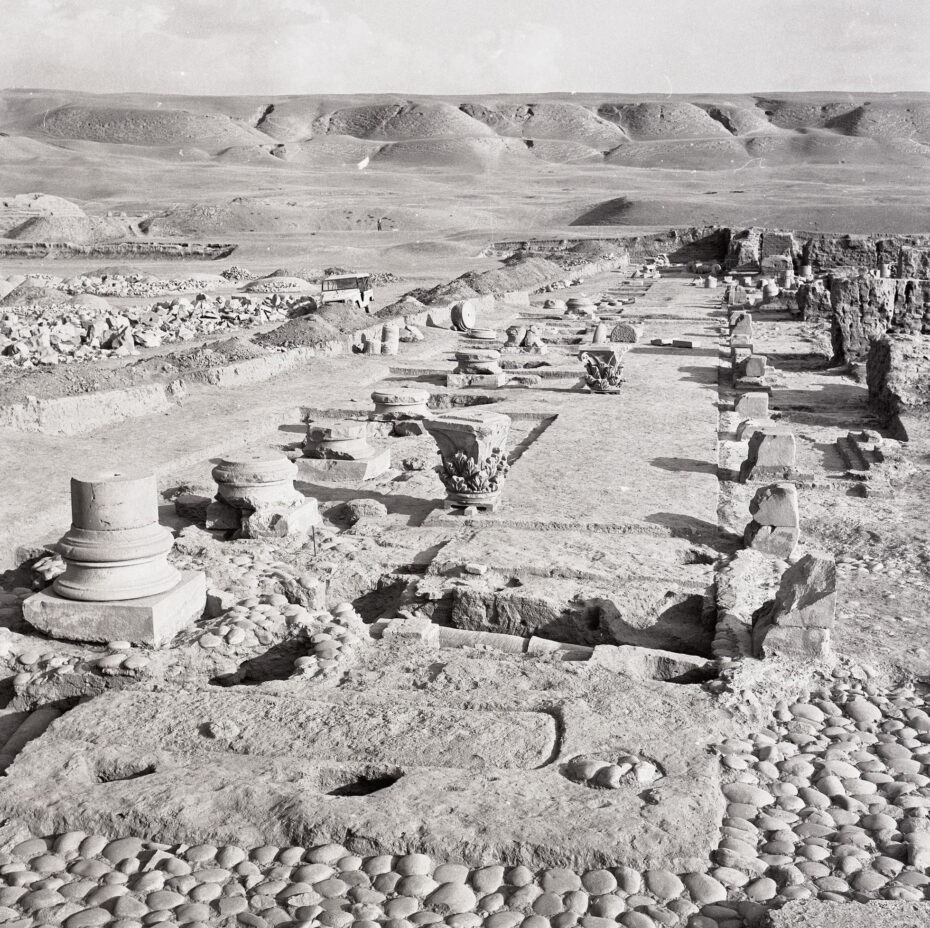
By the 2nd century BC, Ai-Khanoum’s glory days were over. Political instability, economic shifts, and possibly invasions led to its abandonment. The once-bustling streets fell silent, and the desert slowly reclaimed the city.
Rediscovering a Lost World
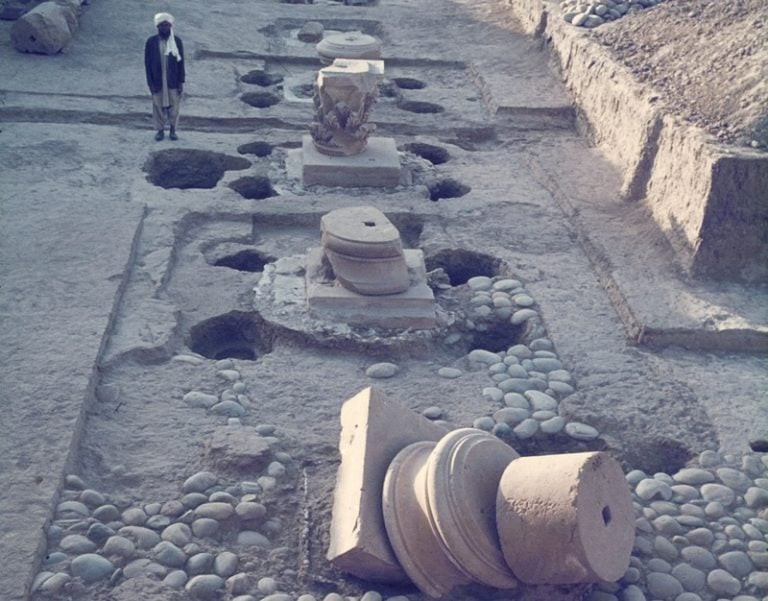
It wasn’t until the 20th century that Ai-Khanoum was rediscovered, igniting renewed interest in this forgotten outpost. Today, the ruins stand as a powerful reminder of a time when East truly met West, creating a unique cultural tapestry along the ancient Silk Road.
